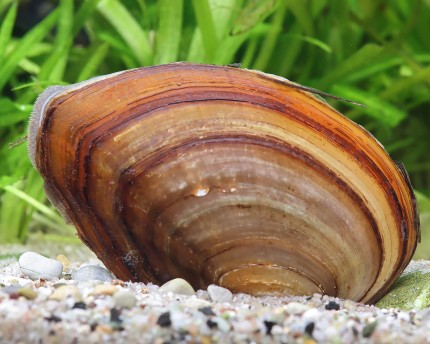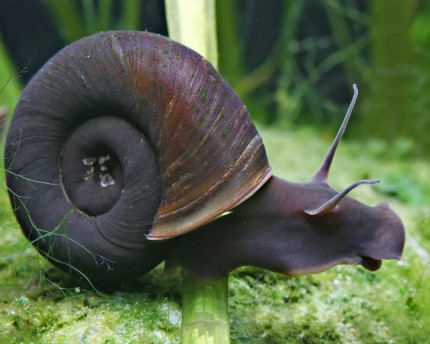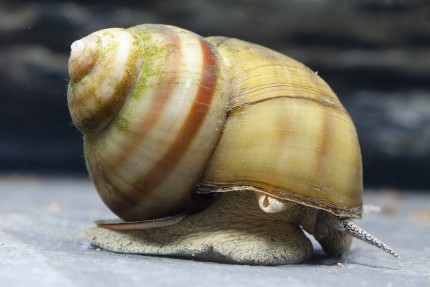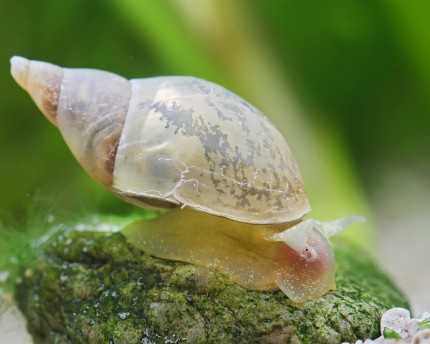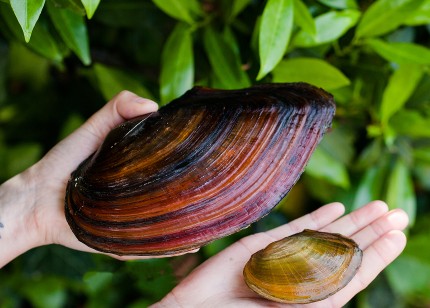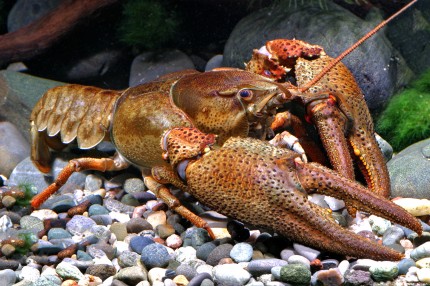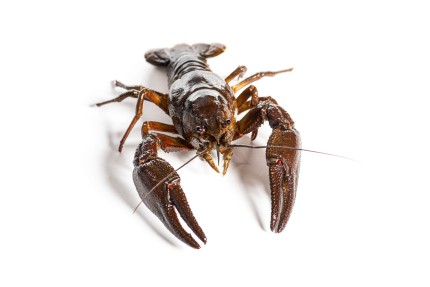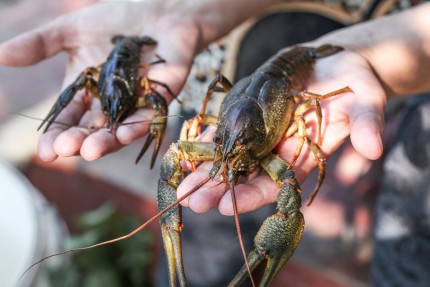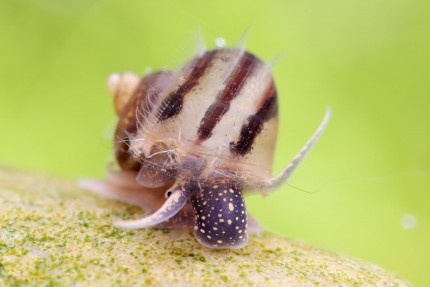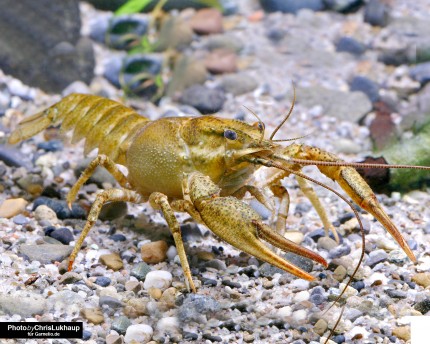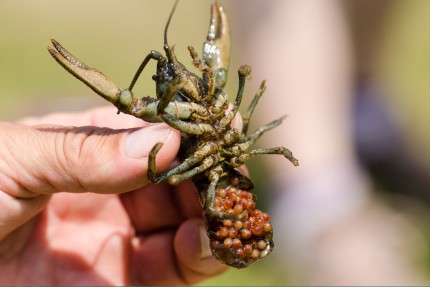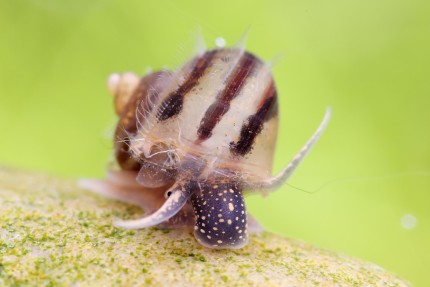Unlike mussels in the aquarium, mussels in the pond are long-lived and persistent. They feed on suspended particles and algae and can ensure that green water becomes clear again, especially in the garden pond. A paint shell can filter and biologically clean dozens of liters of water in an hour, a large pond shell can even manage 40 liters per hour. Mussels are therefore a veritable small sewage treatment plant for the garden p ond and can help to clarify and purify the pond water.
The visibility depth in the garden p ond becomes much better and the water in the pond becomes visibly cleaner, so that you can enjoy the sight of the other pond animals in the garden pond much better again. Clean water contributes to the health of the animals in the garden pond, so the mussels in the pond make an important contribution to the stability of the natural biotope in the garden pond.
Snails in the garden p ond, on the other hand, effectively take care of larger food remains and detritus that may collect at the bottom of the pond. Even if there is plant de bris in the garden pond, snails are happy to take care of the waste and eat the remains. Pond snails also play an important role in the stability and cleanliness of the natural biotope in the garden pond.
The snails that you can buy here in the store online for your garden pond are known for the fact that they do not go strongly to plants and at most - like the Yoda snail, also called pointed mud snail - eat smaller holes. Other pond snails don't go after plants at all, like the swamp cover snail. It filters through the water for suspended particles and scrapes algae deposits off surfaces. The pond posthorn snail, the large Planorbarius corneus native here, also does not go to plants ,but feeds on plant debris, carrion, algae deposits and biofilms in the garden pond.
Pond crayfish are simply fascinating inhabitants in sufficiently large garden ponds. Especially the European noble crayfish and also the Galician swamp crayfish are threatened with extinction in Europe , therefore keeping them in the home garden pond is an important contribution to the conservation of these beautiful and fascinating freshwater crayfish.
The noble crayfish and the swamp crayfish also clean up leftovers in the garden pond and like to take care of carrion and dead plant parts. Pond fish are eaten only in exceptional cases, and even then only sick or severely weakened animals that would otherwise not grow old in the pond anyway. Pond crayfish can even reproduce in the garden pond if the water quality is suitably good and the young crayfish find opportunities to hide.

